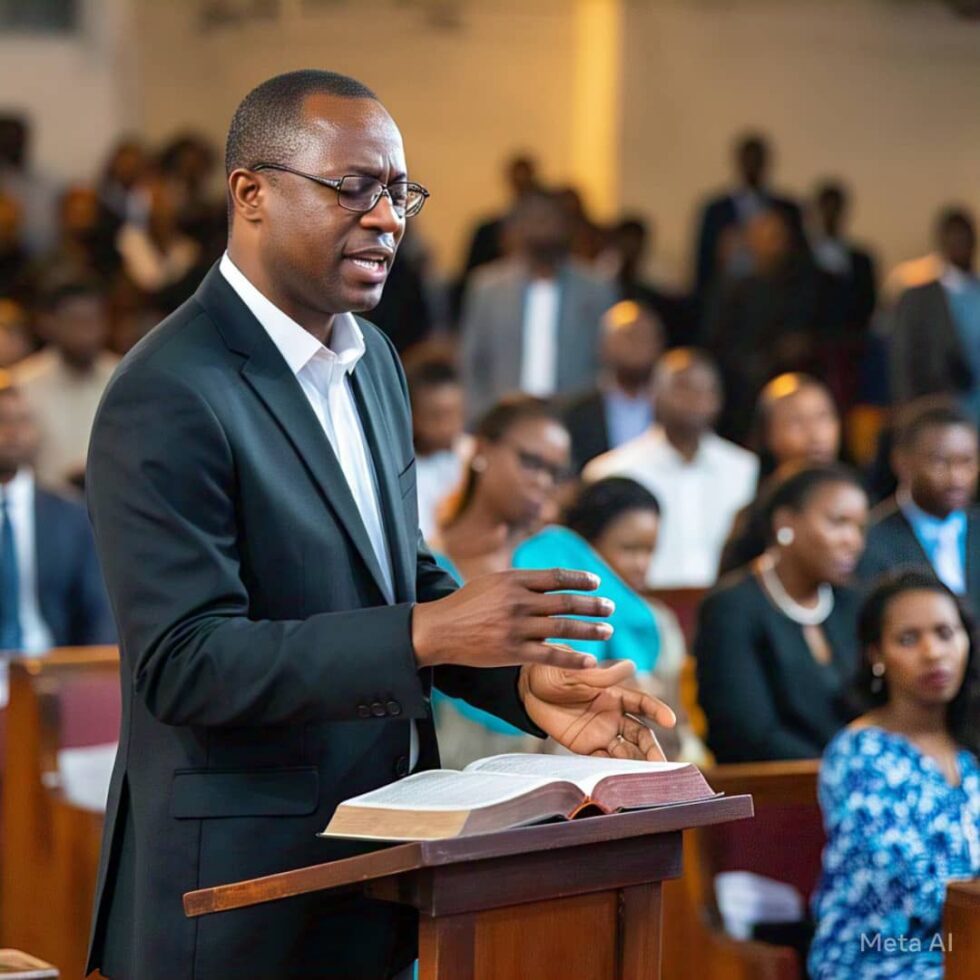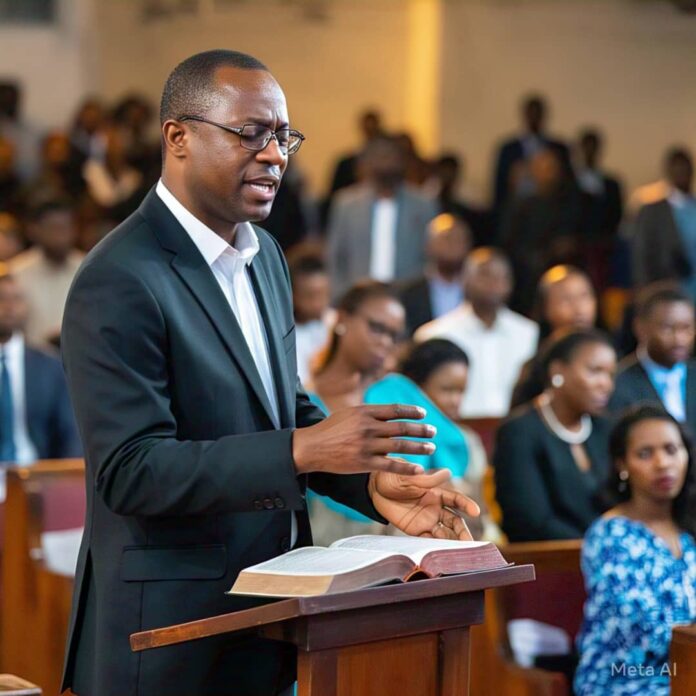By Jones Gadama
In the lead-up to Malawi’s tripartite elections, the political landscape is often charged with anticipation, hope, and, unfortunately, a fair share of confusion and manipulation.
As various political parties prepare to present their candidates, a troubling phenomenon has emerged: the rise of self-proclaimed prophets who claim to possess divine insight into the electoral outcomes.
These individuals, often referred to as have taken to social media and public forums to declare their predictions about which party will emerge victorious.
Some assert that the leader of Party A will win, while others insist that the president of Party X is destined for success.

Amidst these proclamations, they urge the public to pray for peace, warning of potential violence during the campaign period.
At first glance, the predictions made by these prophets may seem innocuous or even well-intentioned.
After all, the call for prayer and peace is a noble one, especially in a country where political tensions can escalate quickly.
However, a deeper analysis reveals that these prophecies are not only unfounded but also potentially harmful.
They exploit the fears and hopes of the populace, creating an atmosphere of uncertainty and division.
The first issue with these self-proclaimed prophets is their lack of credibility.
True prophetic insight, as understood in many religious traditions, is characterized by a deep understanding of spiritual truths and a commitment to ethical behavior.
In contrast, many of these individuals appear to be motivated by personal gain, seeking to elevate their status or influence within their communities.
By making bold predictions, they position themselves as authorities, often without any real basis for their claims.
This lack of accountability raises questions about their intentions and the potential consequences of their words.
Moreover, the predictions made by these prophets often reflect a superficial understanding of the political landscape.
Elections are complex events influenced by a myriad of factors, including economic conditions, public sentiment, party organization, and the candidates’ ability to connect with voters.
To reduce the outcome of an election to a simple prophecy undermines the democratic process and disrespects the intelligence of the electorate.
It suggests that the outcome is predetermined, which can lead to apathy among voters who may feel that their participation is futile.
The warnings about potential violence during the campaign period are particularly concerning.
While it is true that political campaigns can be contentious, the invocation of violence by these prophets can serve to incite fear and anxiety among the populace.
Instead of fostering a spirit of unity and constructive dialogue, their words can exacerbate tensions and create an environment ripe for conflict.
This is especially dangerous in a country like Malawi, where historical grievances and political rivalries can easily flare up into violence.
By framing the election as a battleground, these prophets contribute to a narrative that legitimizes aggression and hostility, rather than one that promotes peaceful engagement and democratic participation.
Party leaders must be cautious in how they respond to these self-proclaimed prophets.
It is essential for them to recognize the potential harm that can arise from engaging with or legitimizing these individuals.
By acknowledging their predictions, party leaders risk giving credence to unfounded claims and diverting attention from the substantive issues that should be at the forefront of the electoral discourse.
Instead of focusing on prophecies, party leaders should prioritize their campaign strategies, engage with their constituents, and address the pressing issues facing the nation.
Furthermore, party leaders should actively promote a message of peace and unity, countering the divisive rhetoric propagated by these false prophets.
By emphasizing the importance of respectful dialogue and collaboration, they can help to create an environment where voters feel empowered to participate in the democratic process.
This approach not only strengthens the integrity of the elections but also fosters a sense of community and shared purpose among the electorate.
It is also crucial for party leaders to educate their supporters about the dangers of following false prophets.
This can be done through community outreach, public forums, and social media campaigns that emphasize critical thinking and discernment.
By encouraging voters to question the motivations behind these prophecies and to seek out credible sources of information, party leaders can help to mitigate the influence of these self-proclaimed prophets.
In addition, religious leaders and institutions in Malawi have a vital role to play in addressing the issue of false prophets.
Many people turn to their faith for guidance during times of uncertainty, and it is essential for religious leaders to provide a balanced perspective that encourages critical thinking and discernment.
By promoting messages of peace, unity, and responsible citizenship, religious leaders can help to counteract the divisive narratives propagated by false prophets.
Ultimately, the rise of self-proclaimed prophets in the context of Malawi’s tripartite elections serves as a reminder of the importance of integrity, accountability, and critical thinking in the political process.
While the desire for prophetic insight is a natural human inclination, it is essential to approach such claims with skepticism and discernment.
The electoral process should be grounded in the principles of democracy, where the voices of the people are heard and respected, rather than being overshadowed by unfounded predictions and divisive rhetoric.
As Malawi prepares for its elections, it is imperative for all stakeholders—political leaders, religious institutions, and the electorate—to work together to create an environment that fosters constructive dialogue, peaceful engagement, and informed decision-making.
By rejecting the influence of false prophets and focusing on the substantive issues at hand, Malawi can move towards a more democratic and inclusive future.
The path to a successful election lies not in prophecies or predictions but in the collective efforts of the people to shape their own destiny through active participation in the democratic process.
The rise of false prophets in the context of Malawi’s tripartite elections is a concerning trend that warrants careful consideration.
These individuals exploit the hopes and fears of the populace, making unfounded predictions that can incite division and conflict.
Party leaders must resist the temptation to engage with these prophets and instead focus on promoting a message of peace, unity, and responsible citizenship.
By fostering an environment of critical thinking and discernment, Malawi can navigate the electoral process with integrity and purpose, ensuring that the voices of the people are heard and respected.



